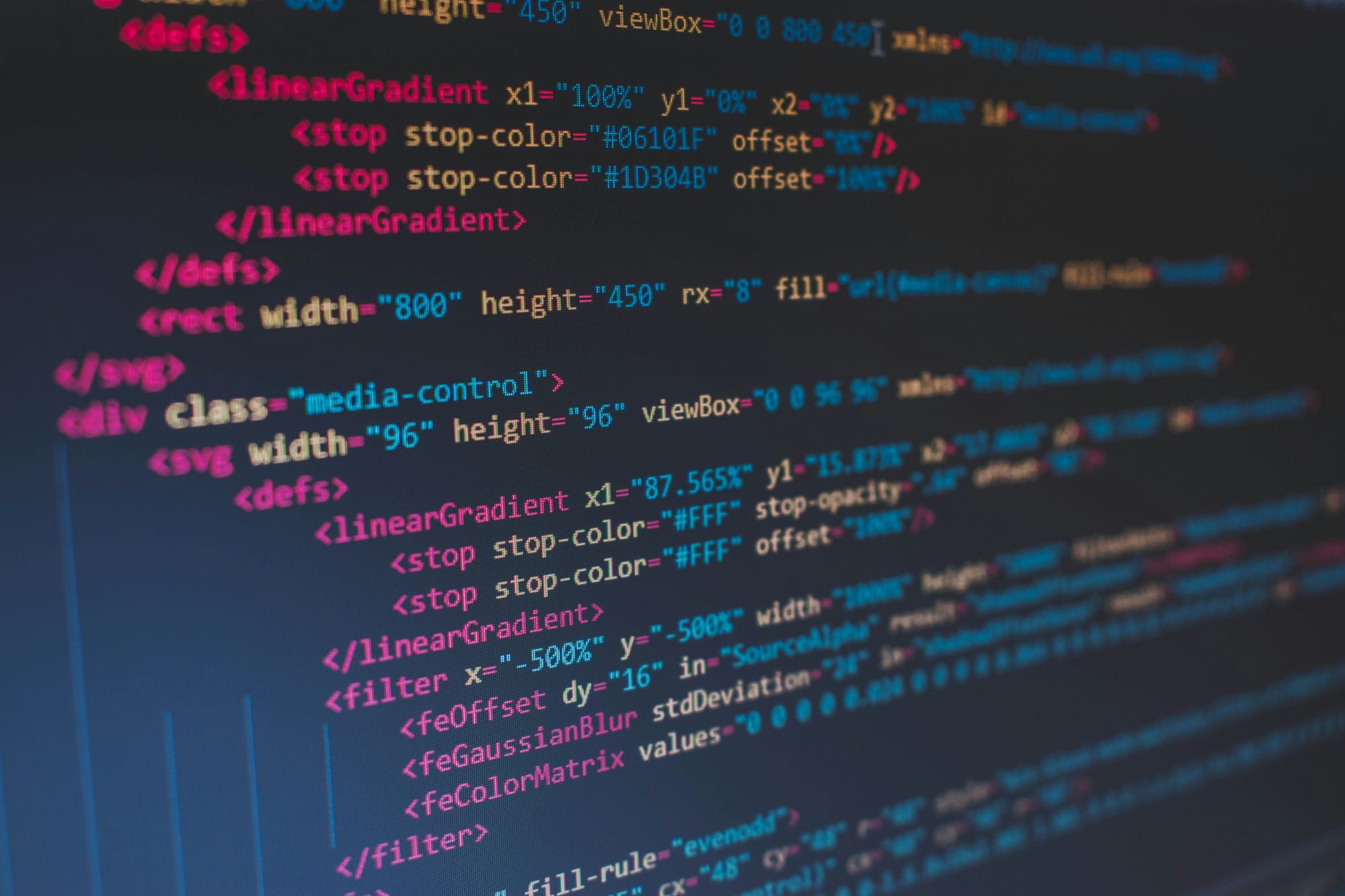By Alice Guskov, Second Year, Astrophysics
Approximately 3 million years ago, our ancestors cobbled together the first stone tools, marking the start of the technological revolution. Technology then developed relatively slowly until we discovered we could grow our food through agriculture, and then advanced rapidly into the 19th century, leading to the creation of the first computer.
It’s hard to think of a time when technology wasn’t an integral part of our everyday lives, and it's becoming increasingly intertwined with our routines. Computer science is now cool and has become such a core pillar of society that coding is hugely present in the job market.
According to The Future of Jobs Report 2025 by the World Economic Forum, the most valued skills among employers are analytical thinking, resilience, and creativity. In addition, they predict that understanding AI and strong technological literacy will be the fastest-growing skills over the next five years, a trend we are already beginning to see. Coding ties all these skills together.
At a fundamental level, coding is how we communicate with computers. Enabling us to harness their capabilities to automate mundane tasks, create programs, and AI models. It is all about breaking down problems into smaller parts, forcing you to understand complex situations in detail and by thinking logically and methodically. This may sound straightforward, but it also involves constantly tinkering with your code and fixing errors that seemingly pop up indefinitely for no reason, fostering resilience and creativity. Furthermore, programming extends past the tech industry into many other fields, such as risk management and pricing in finance, analysing medical scans in healthcare, and automation in manufacturing, highlighting its versatility.

The fact that coding is a desirable skill isn’t shocking, as it’s been on the rise for many years now. There has been a boom in computer science graduates and software engineers to the point where there are discussions about whether it’s even worth going into the industry due to oversaturation or the fear of being replaced with AI. This speculation is mainly due to the rise of AI assistants like GitHub Copilot that can generate code snippets and reduce errors at a fraction of the cost of hiring a qualified software engineer. On the other hand, AI cannot be creative - it only regurgitates content it has seen before. This suggests that the definition of coding could evolve with an emphasis on being able to understand code and oversee programs produced using AI, rather than coding from scratch. Nevertheless, it is still a valuable skill to learn.
Learning to code can be intimidating, but an upside to coding becoming more popular is the plethora of online resources available to learn how to code, ranging from free YouTube videos to online courses and boot camps. Which language you should learn depends on why learning to code appeals to you. Python, in particular, is an easy-to-understand language used in web development, making programs, data analysis, and machine learning. Therefore it can be used for a variety of different projects. An amazing resource for learning Python is the University of Bristol’s very own Data Science Society, which runs Python workshops and various talks about the field more generally. The University also runs a coding club as part of a study skills workshop catering for beginners to intermediate programmers. Both groups are great ways to try coding, meet new people, and give yourself an advantage in future job applications.
Featured image: Miles Gilroy










